Your cart is currently empty!
Tag: PestControl
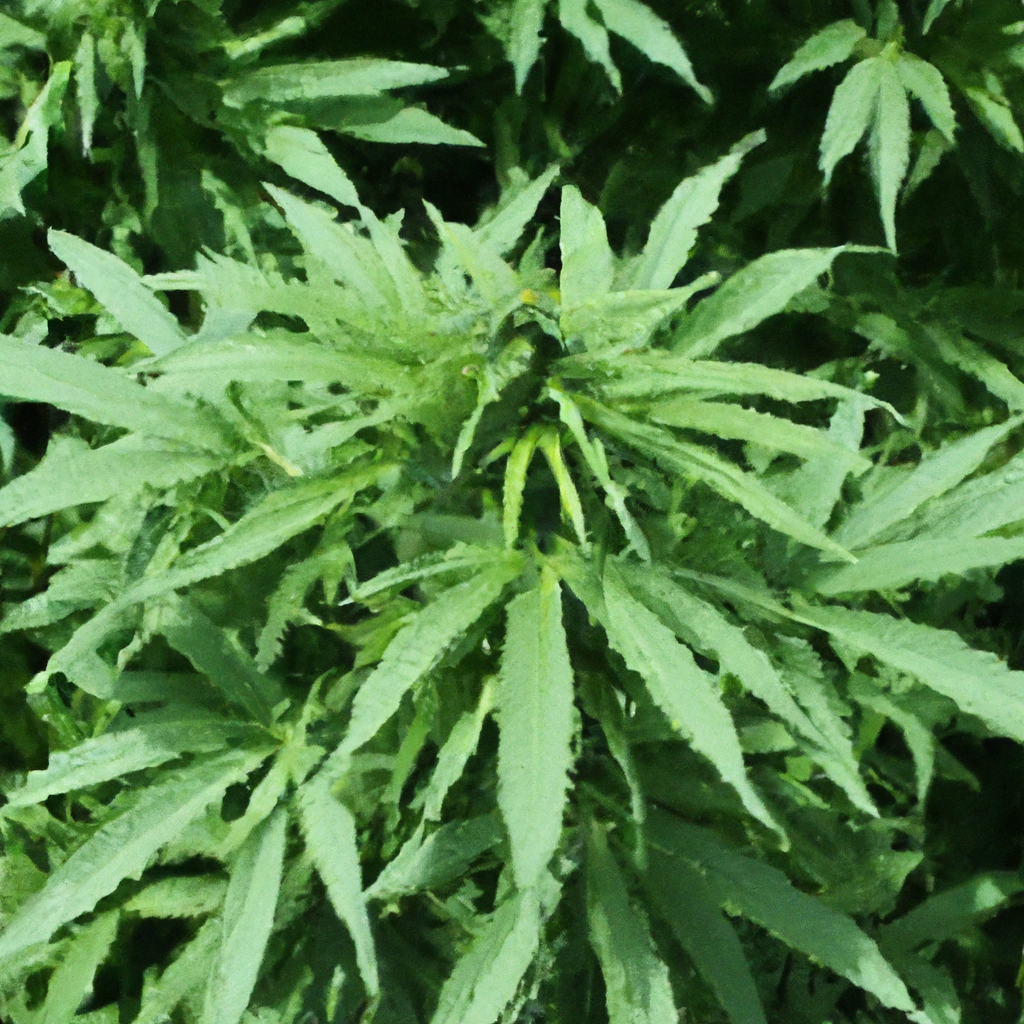
The rising demand for organic cannabis highlights an increasing awareness of sustainable cultivation practices. By integrating organic methods like building healthy soil ecosystems, using natural fertilizers, and implementing sustainable pest management, growers contribute to a healthier environment and produce superior cannabis. Organic cultivation not only benefits the ecosystem but also enhances consumer health and enriches…
Growing cannabis organically involves nurturing a thriving ecosystem by using natural fertilizers, effective pest control, and sustainable practices. Key natural fertilizers include compost, worm castings, bone meal, and blood meal, which enrich soil without harming the ecosystem. Effective pest control methods like neem oil, companion planting, and beneficial insects can protect plants naturally. Building a…
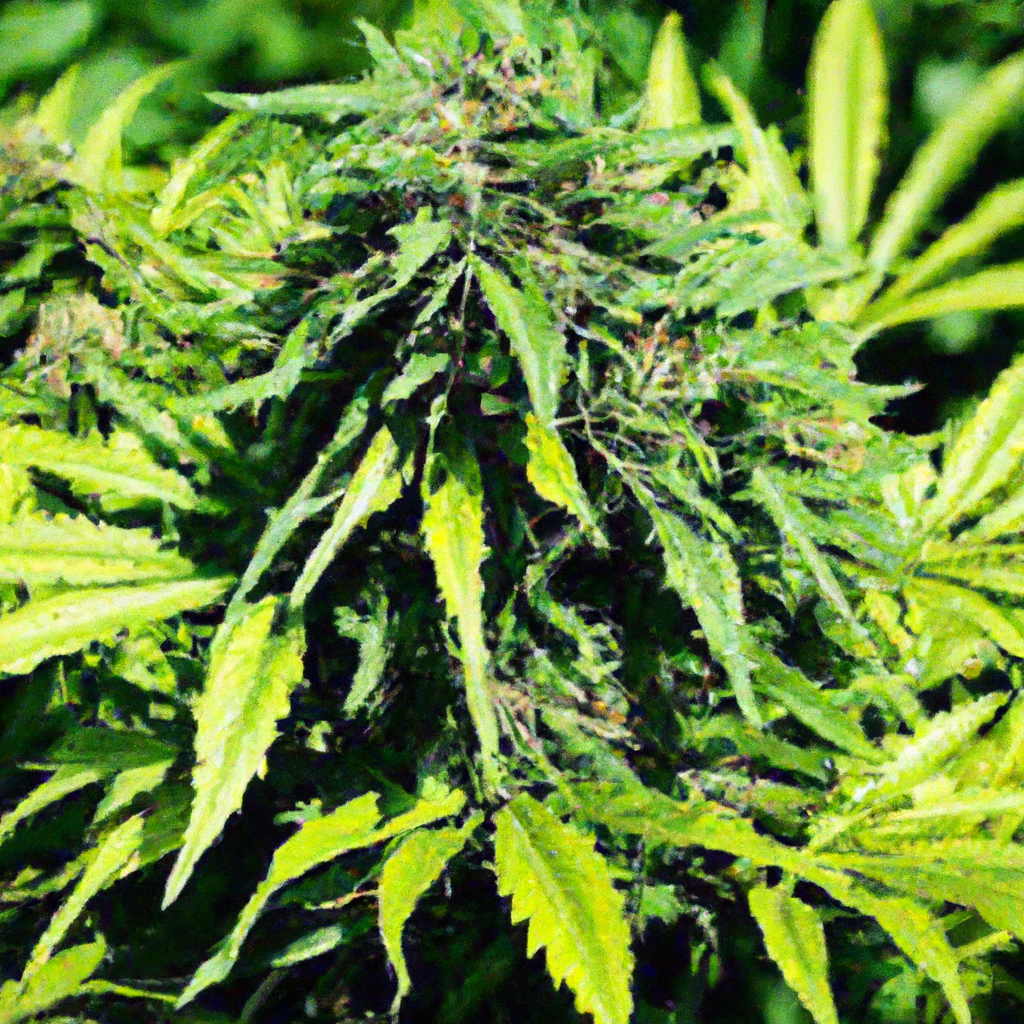
Organic cannabis cultivation prioritizes plant health and environmental balance, resulting in a sustainable and consumer-friendly product. By building a robust soil ecosystem with organic matter and natural fertilizers, growers enhance nutrient availability and plant vitality. Techniques like composting, crop rotation, and cover cropping maintain soil health, while natural fertilization methods provide essential nutrients. For pest…
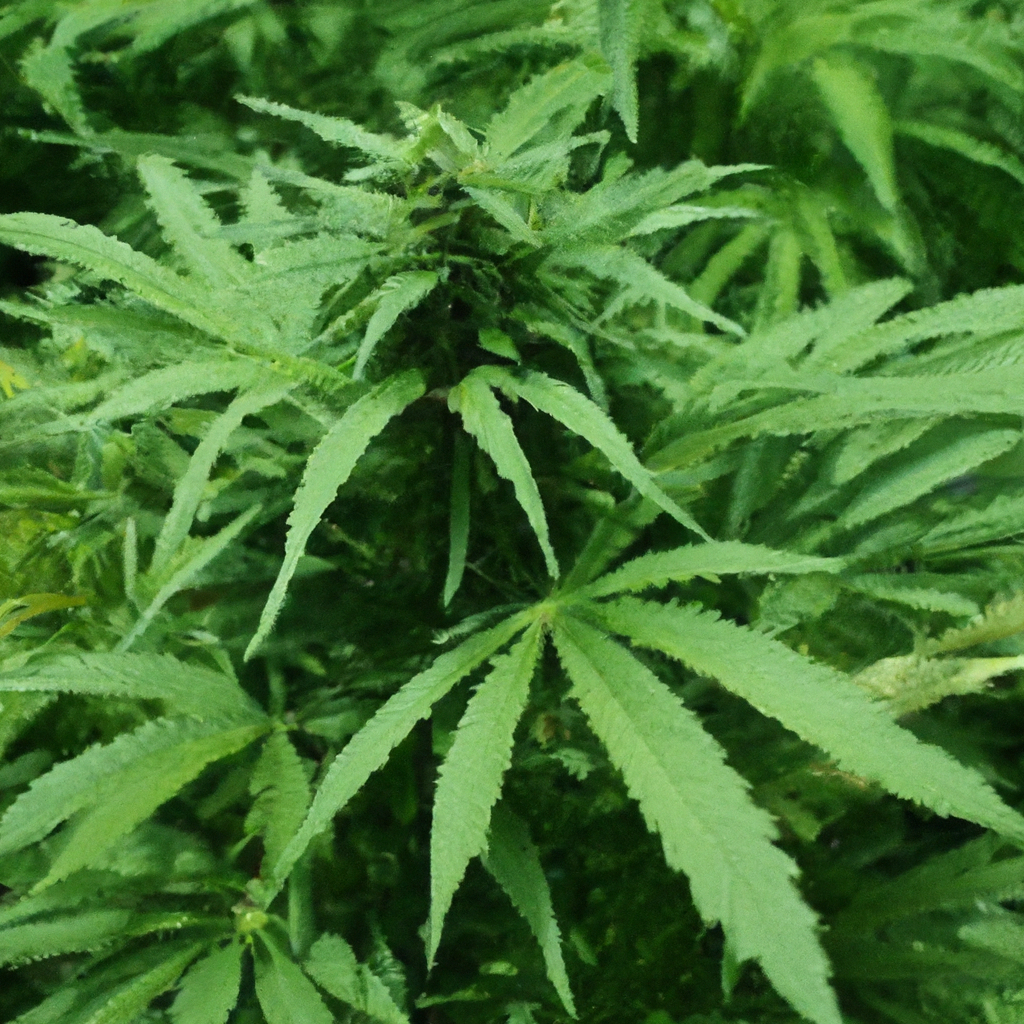
In the pursuit of sustainability, organic cannabis cultivation offers an eco-friendly approach that benefits both the environment and consumer health. By avoiding synthetic chemicals, it enhances yield quality and maintains ecological balance. Key practices include building a thriving soil ecosystem through composting, cover cropping, and mulching, along with using natural fertilizers like manures and fish…
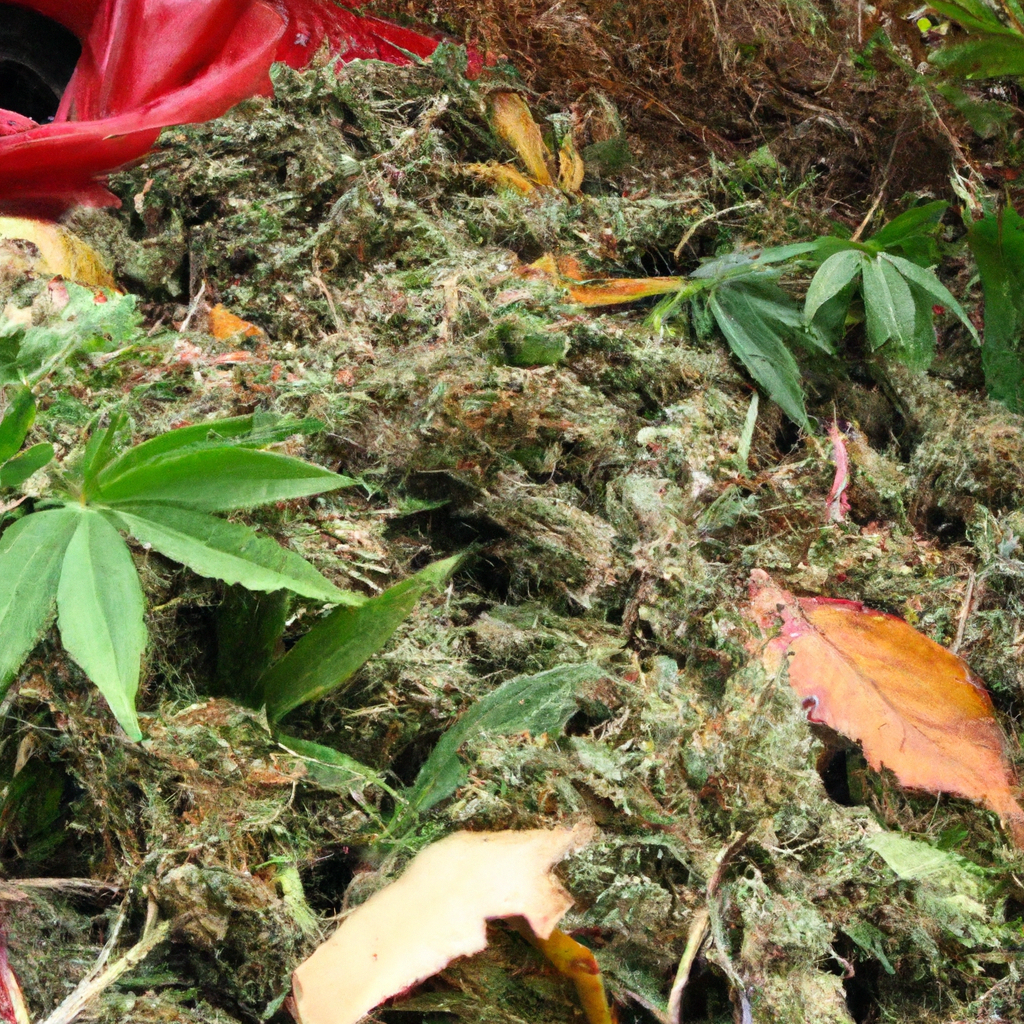
Embrace quality and sustainability in cannabis cultivation by adopting organic practices. This guide covers essential techniques for building a rich soil ecosystem through composting, cover crops, and mulching. It emphasizes using natural fertilizers like worm castings and fish emulsion to avoid synthetic chemicals. Explore eco-friendly pest control with beneficial insects, neem oil, and companion planting.…
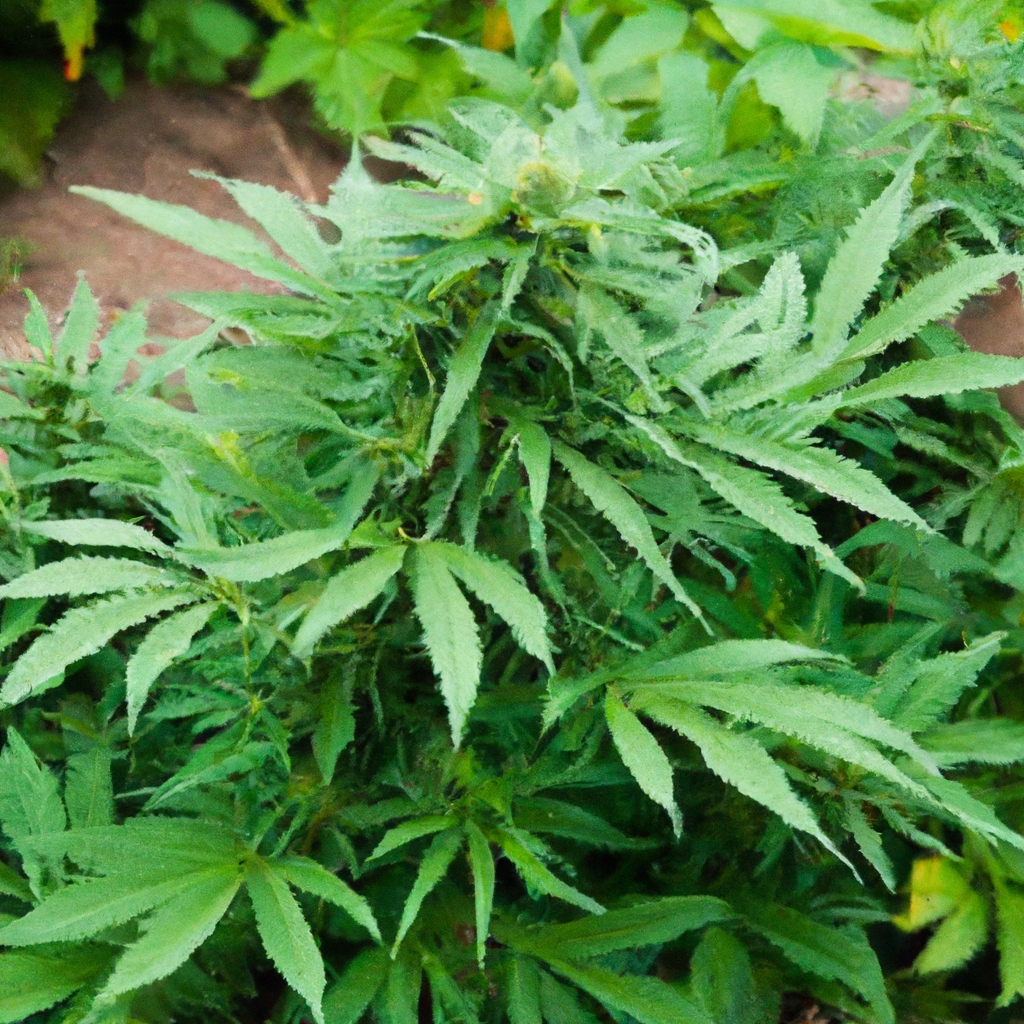
Organic cannabis cultivation emphasizes sustainable practices that benefit the plant, consumer, and environment. Key methods include using natural fertilizers like composted manure, bone meal, and fish emulsion to nourish plants while enhancing soil microbial life. Building a healthy soil ecosystem through cover crops, crop rotation, and compost incorporation is crucial. Eco-friendly pest control strategies such…
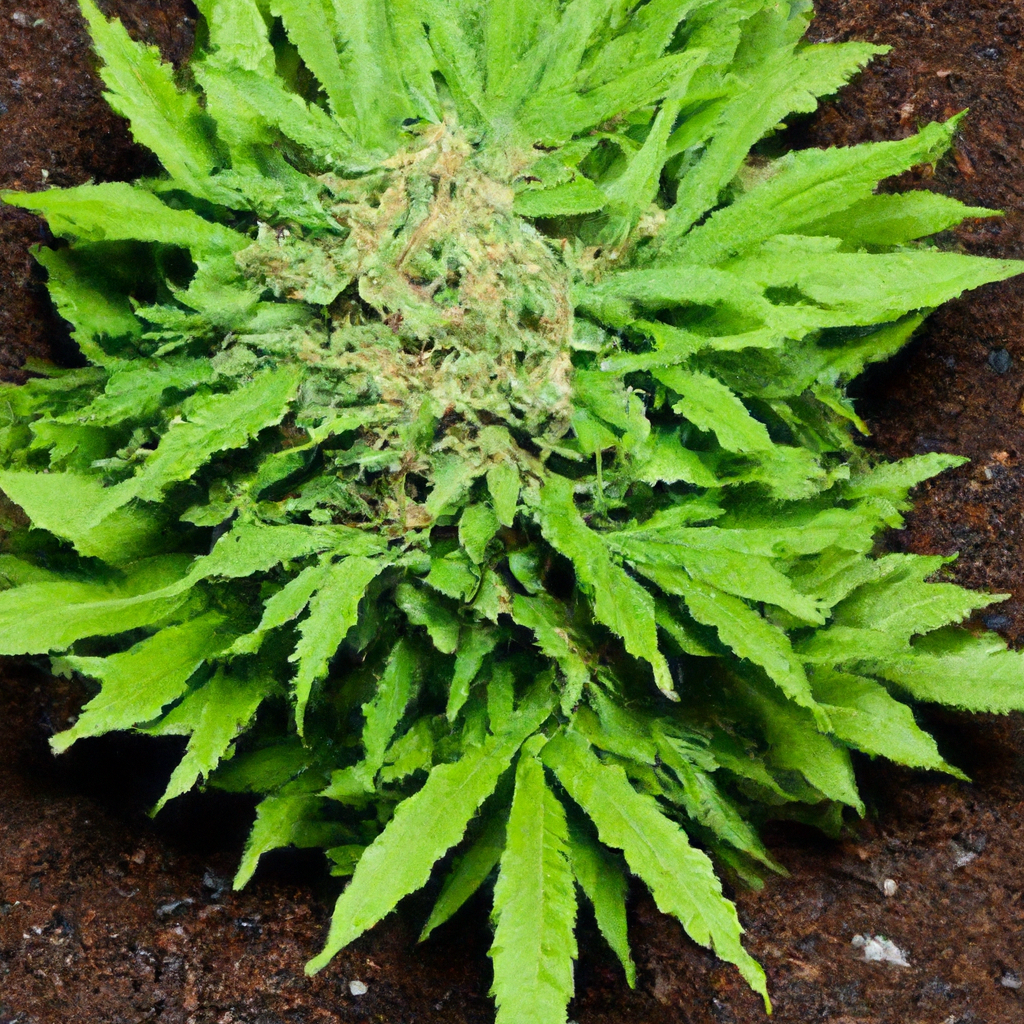
Growing cannabis organically offers environmental benefits and enhances produce quality and safety. By using natural fertilizers, such as homemade compost and worm castings, and embracing sustainable practices, cultivators can create a healthier cultivation process. Building a soil ecosystem rich in beneficial microbes, employing natural pest control strategies like companion planting and neem oil, and prioritizing…
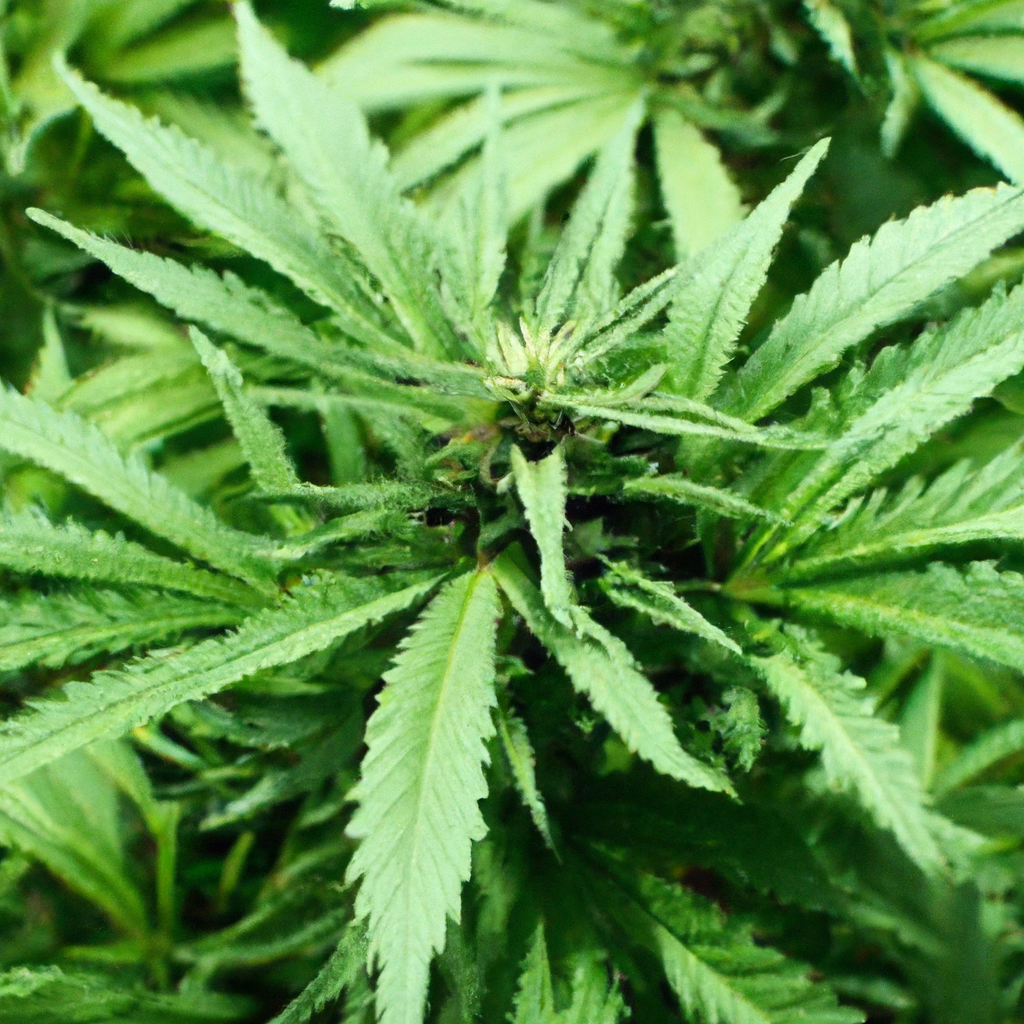
As the demand for eco-friendly products grows, organic cannabis cultivation offers a sustainable and healthy alternative. By avoiding synthetic chemicals and employing natural methods, growers can produce cannabis that is environmentally friendly and superior in quality and flavor. Start by building a rich soil ecosystem with composting, cover crops, and mulching. Use natural fertilizers like…
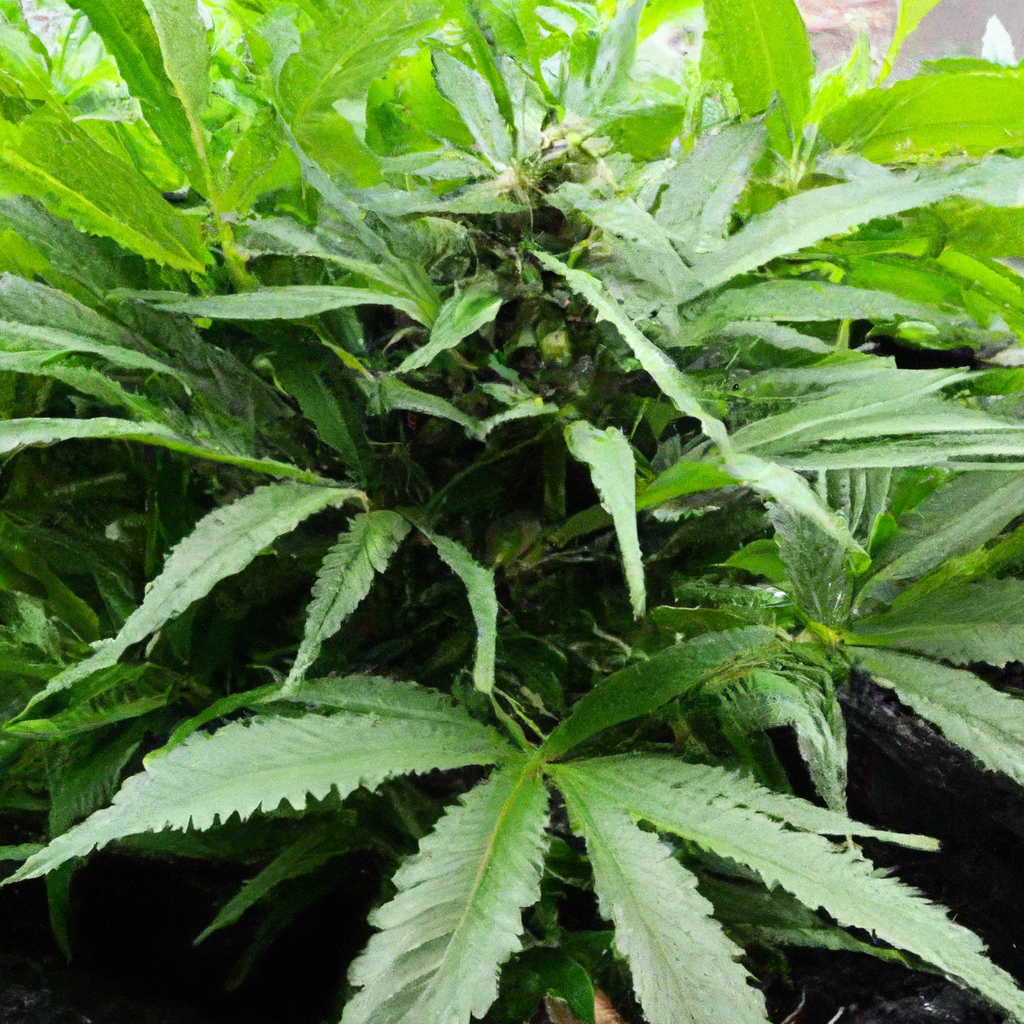
This post delves into the art of organic cannabis cultivation, highlighting sustainable practices such as using natural fertilizers, mastering composting, and employing eco-friendly pest control. By nurturing a thriving soil ecosystem with microbial richness and regular soil testing, growers ensure high-quality crops while preserving environmental health. Organic methods not only prevent chemical runoff and protect…
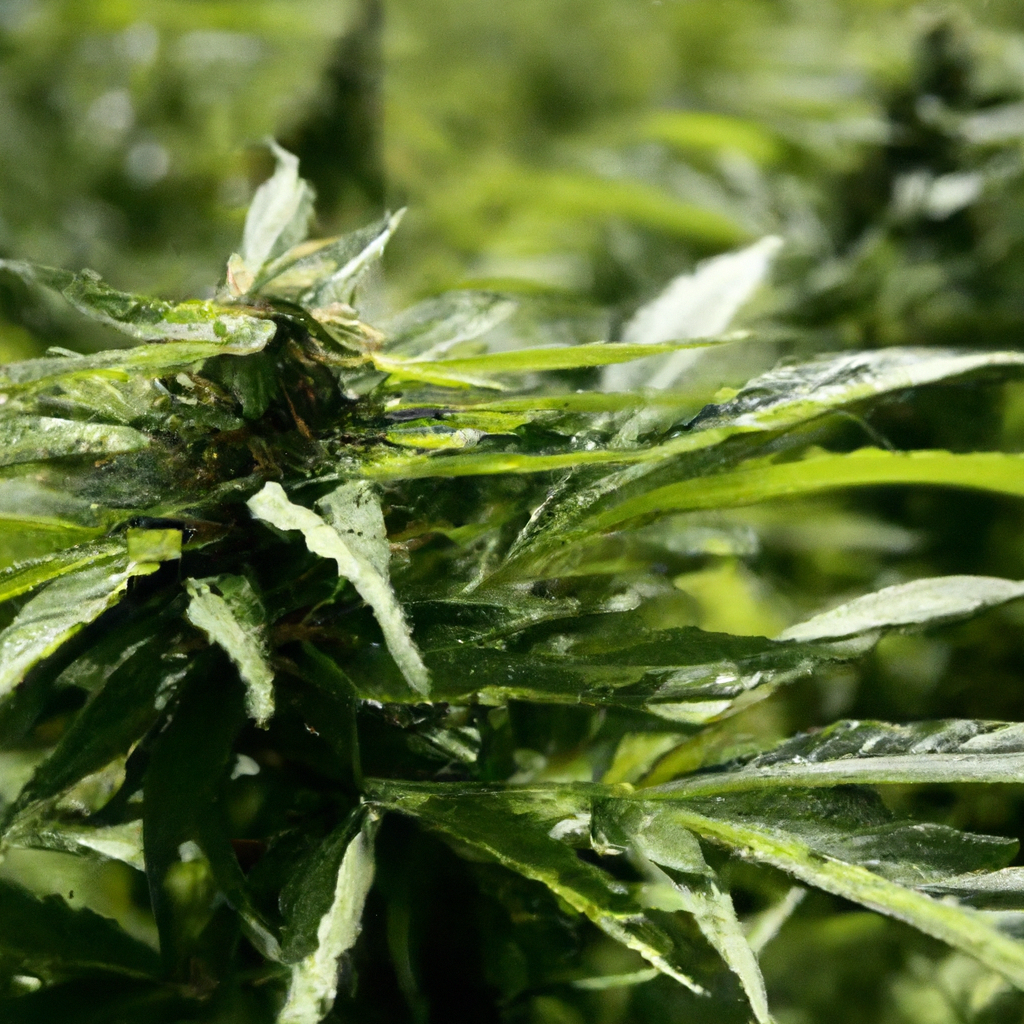
In the dynamic field of cannabis cultivation, shifting to organic practices is a commitment to sustainability and quality. This method not only benefits the environment but also delivers a cleaner product to consumers. Organic cannabis growing focuses on building rich soil ecosystems, using natural fertilizers, and employing biological pest control. Techniques like compost integration, beneficial…
